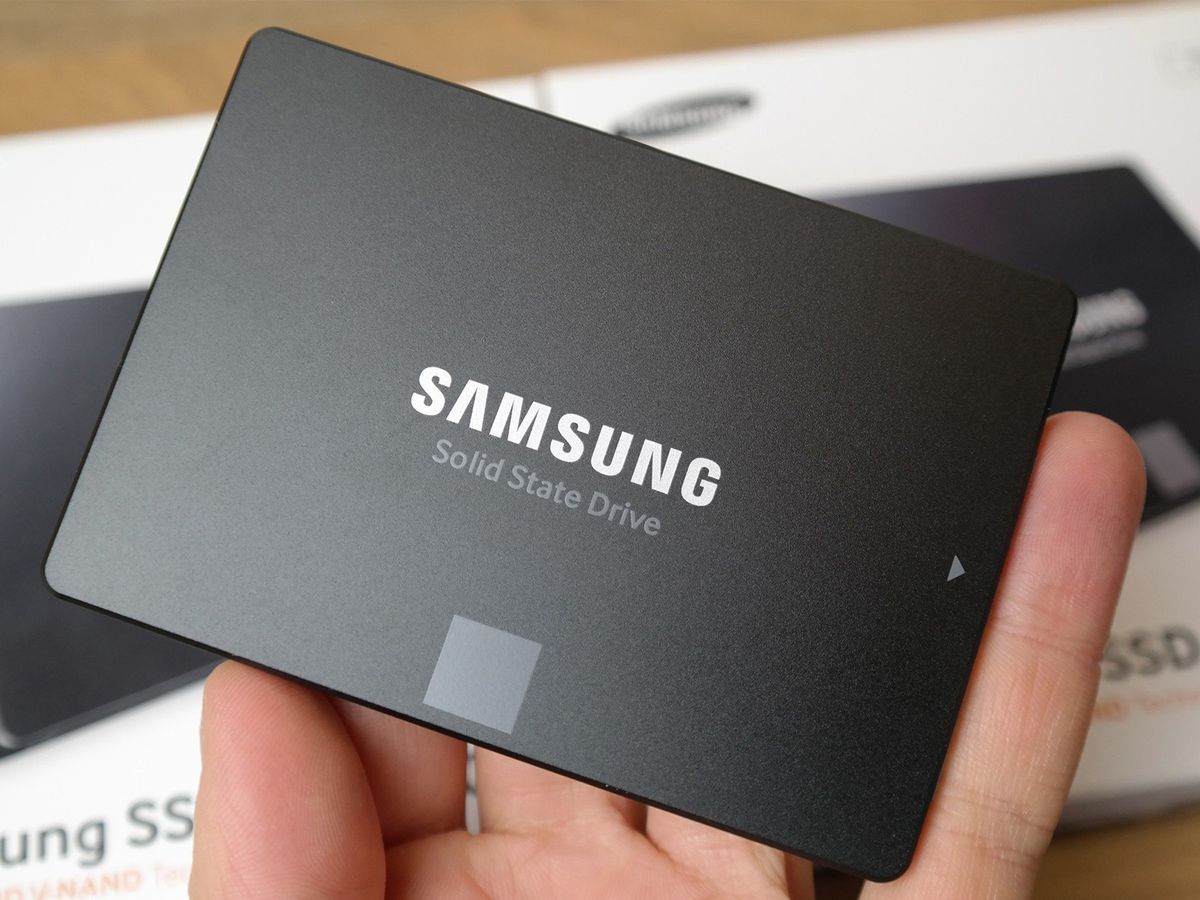Hi, so I've recently bought a PC from PC Specialist, which works perfectly by the way, but I've installed a Samsung 980 Pro and it seems incredibly slow, in that it's running read speeds of 6500mb/s compared to the 7200mb/s of an 870 QVO I also installed.
I was wondering if there was something in the BIOS I need to enable for the full PCIE 4.0.
The specs as I bought the PC are;
Case
FRACTAL DEFINE 7 BLACK QUIET MID-TOWER CASE
Processor (CPU)
Intel® Core™ i9 Eight-Core Processor i9-11900KF (3.5GHz) 16MB Cache
Motherboard
ASUS® ROG STRIX Z590-E GAMING WIFI (LGA1200, USB 3.2, PCIe 4.0) - ARGB Ready
Memory (RAM)
32GB Corsair VENGEANCE DDR4 3200MHz (2 x 16GB)
Graphics Card
12GB NVIDIA GEFORCE RTX 3080 Ti - HDMI, DP, LHR
1st Storage Drive
4TB SEAGATE BARRACUDA SATA-III 3.5" HDD, 6GB/s, 5400RPM, 256MB CACHE
Power Supply
CORSAIR 850W RMx SERIES™ MODULAR 80 PLUS® GOLD, ULTRA QUIET
I was wondering if there was something in the BIOS I need to enable for the full PCIE 4.0.
The specs as I bought the PC are;
Case
FRACTAL DEFINE 7 BLACK QUIET MID-TOWER CASE
Processor (CPU)
Intel® Core™ i9 Eight-Core Processor i9-11900KF (3.5GHz) 16MB Cache
Motherboard
ASUS® ROG STRIX Z590-E GAMING WIFI (LGA1200, USB 3.2, PCIe 4.0) - ARGB Ready
Memory (RAM)
32GB Corsair VENGEANCE DDR4 3200MHz (2 x 16GB)
Graphics Card
12GB NVIDIA GEFORCE RTX 3080 Ti - HDMI, DP, LHR
1st Storage Drive
4TB SEAGATE BARRACUDA SATA-III 3.5" HDD, 6GB/s, 5400RPM, 256MB CACHE
Power Supply
CORSAIR 850W RMx SERIES™ MODULAR 80 PLUS® GOLD, ULTRA QUIET



